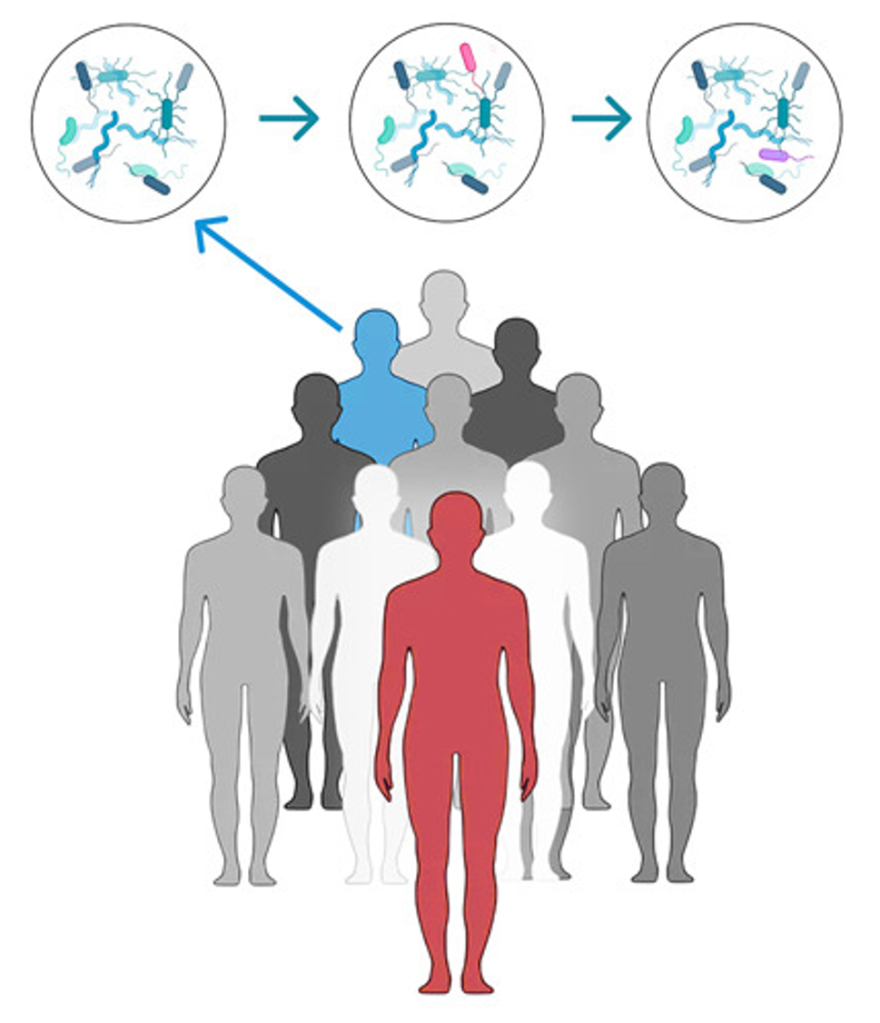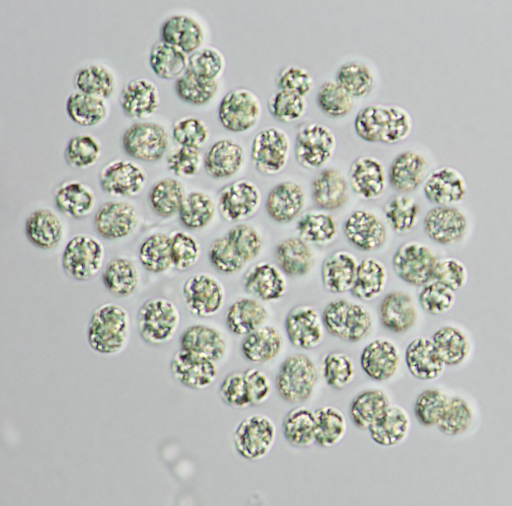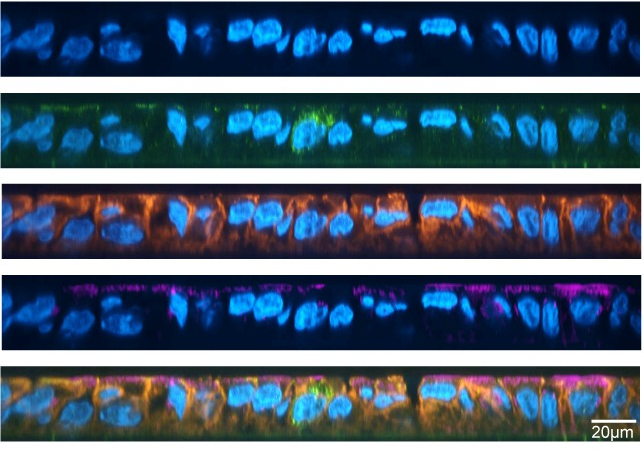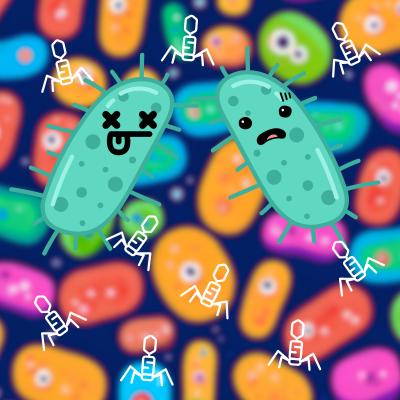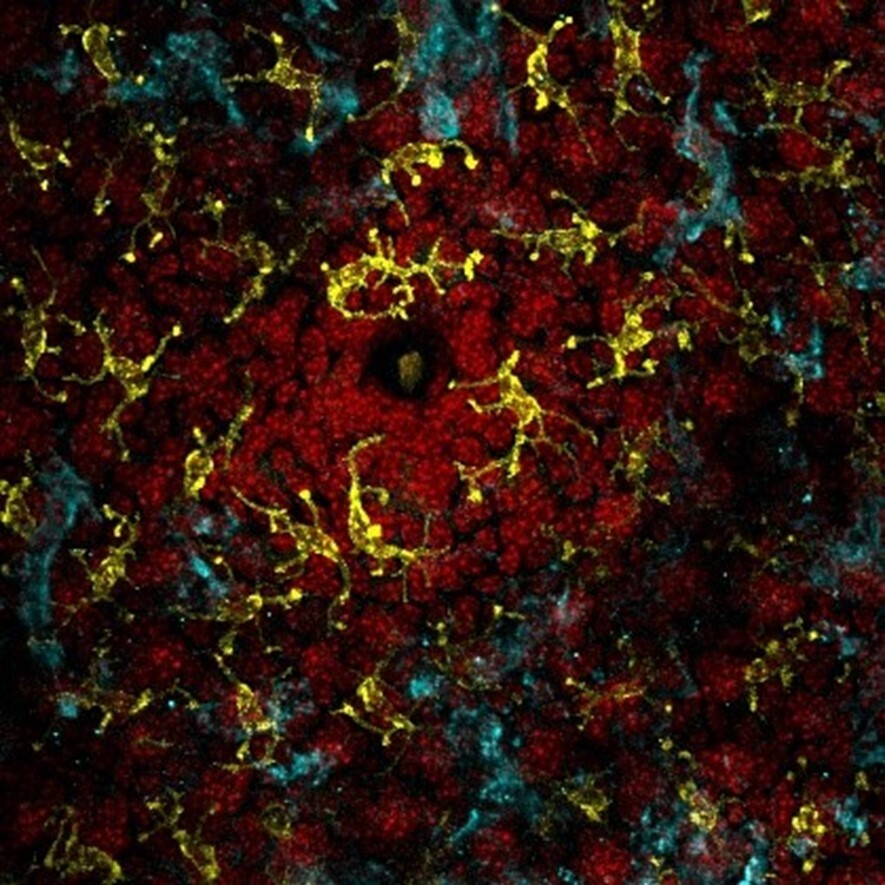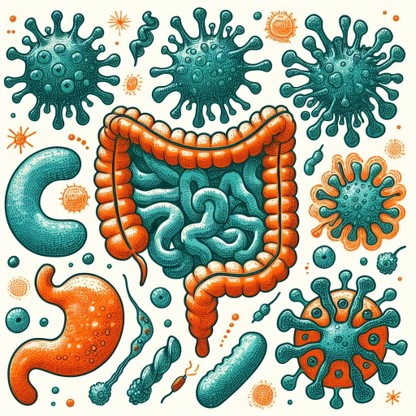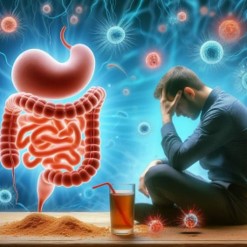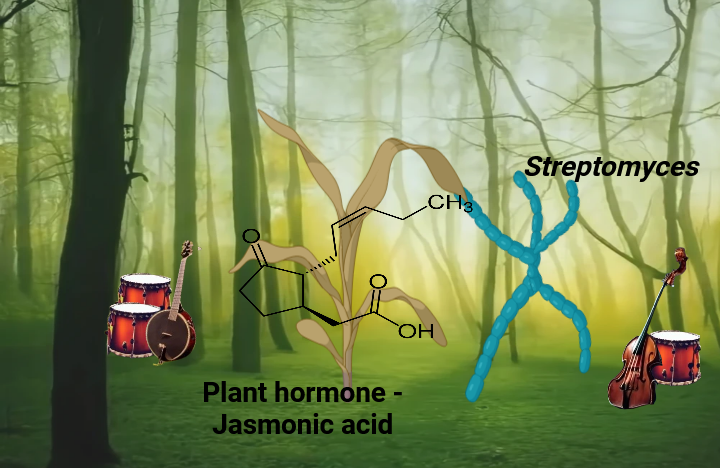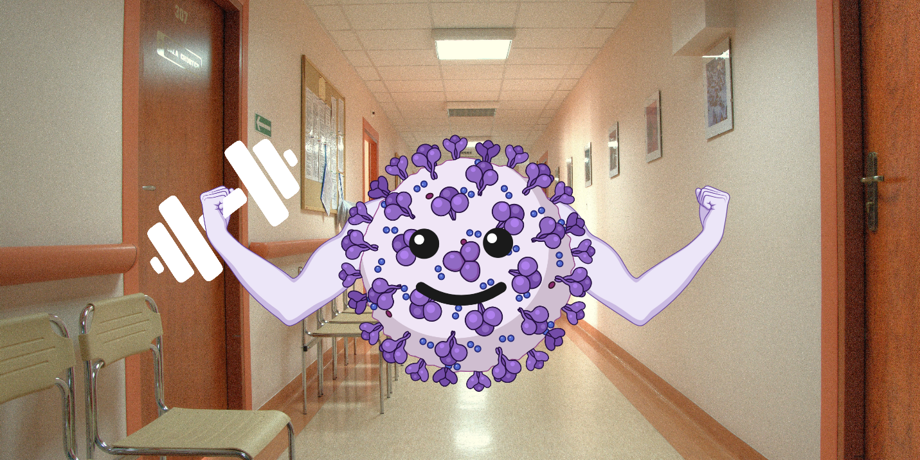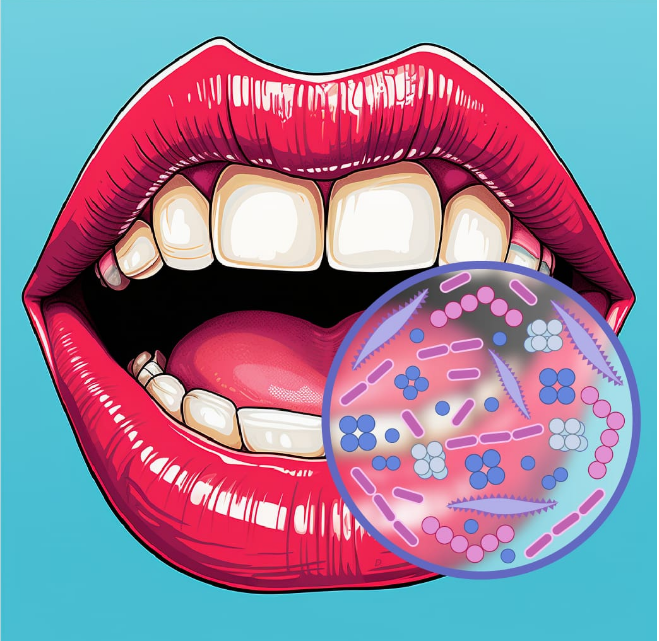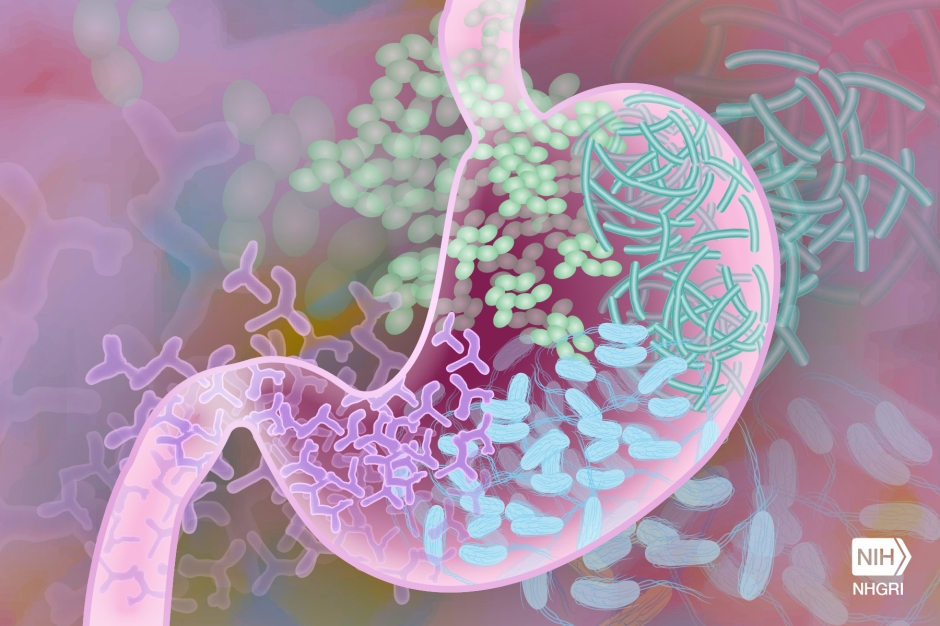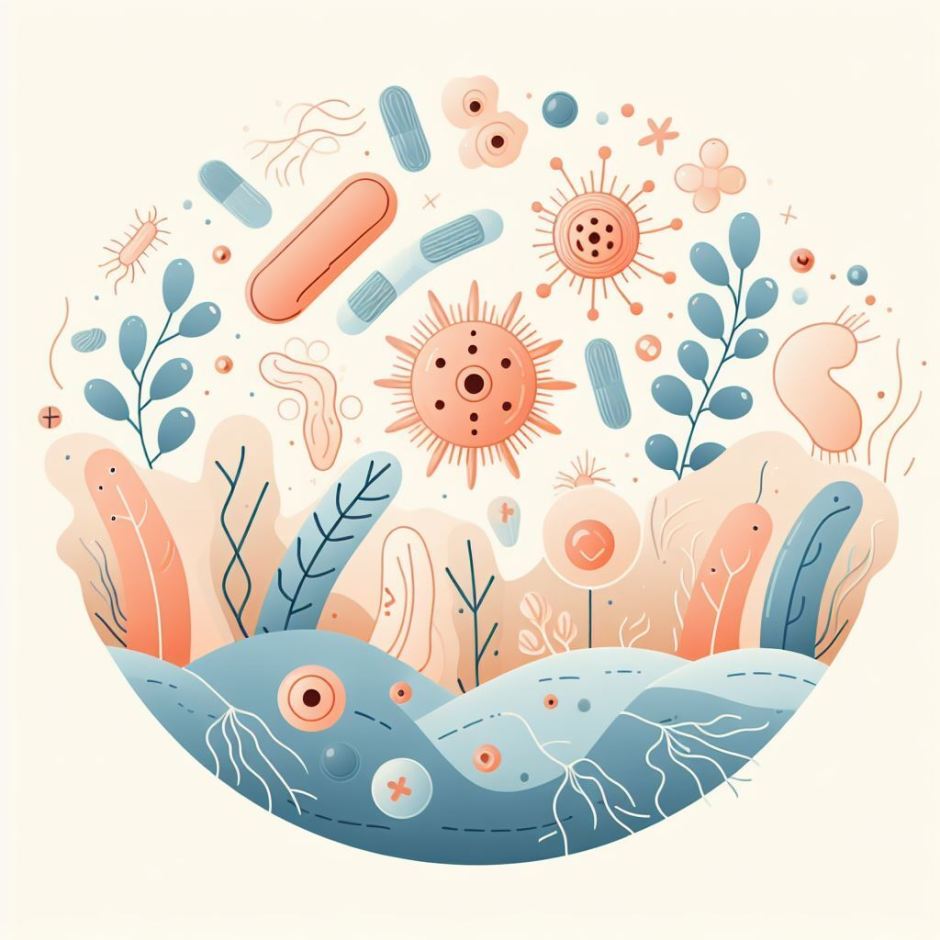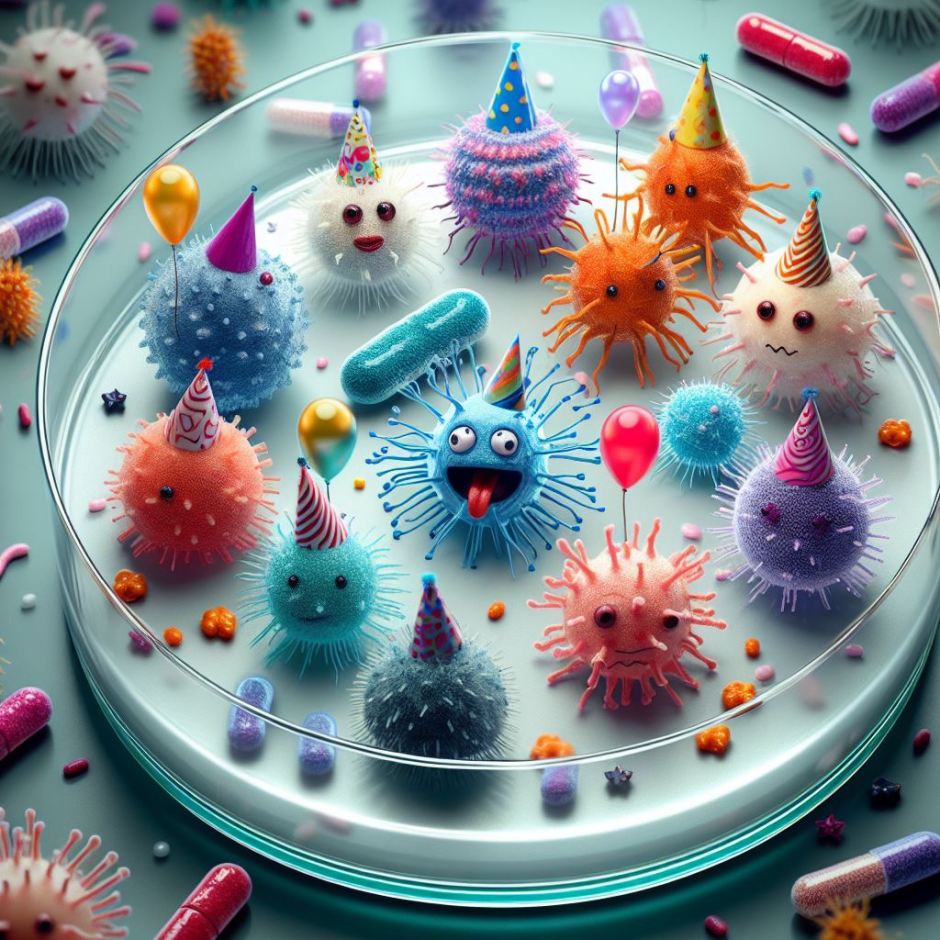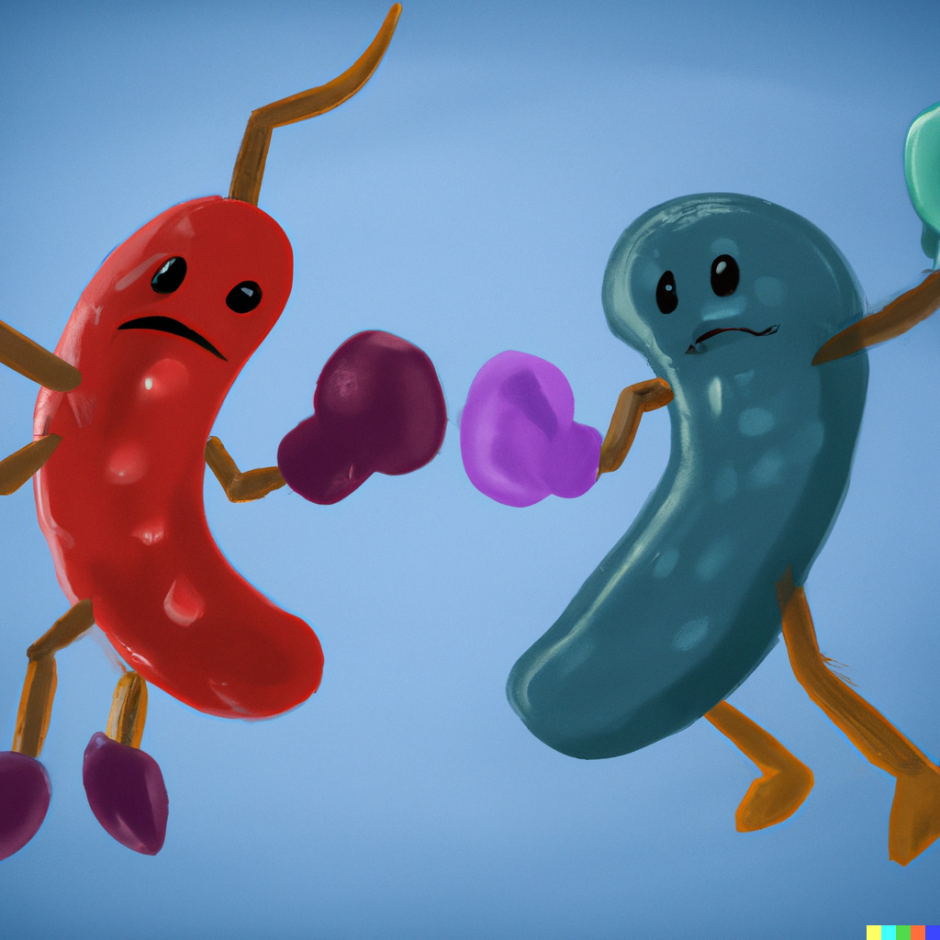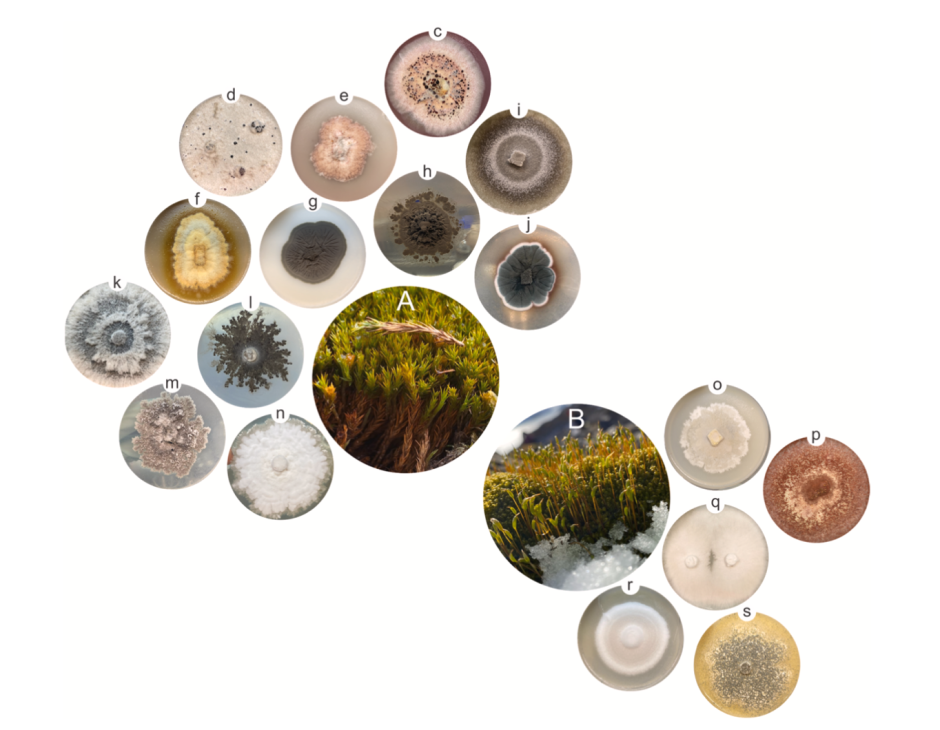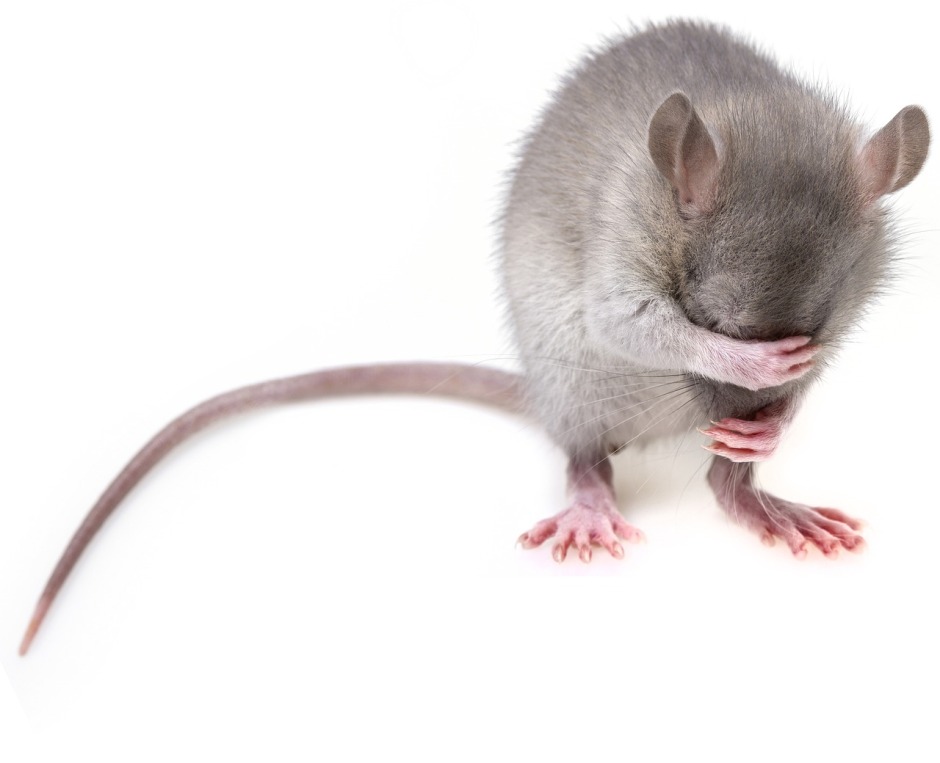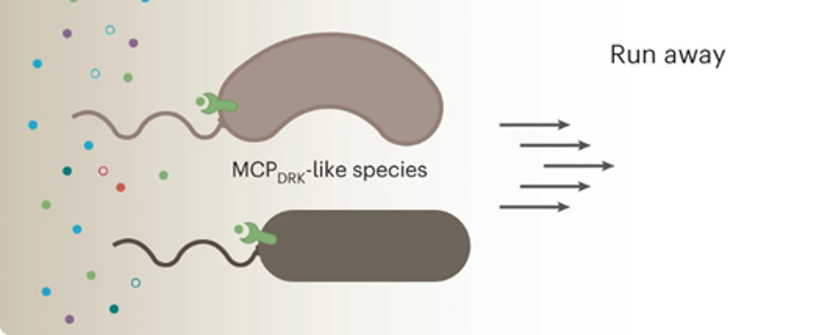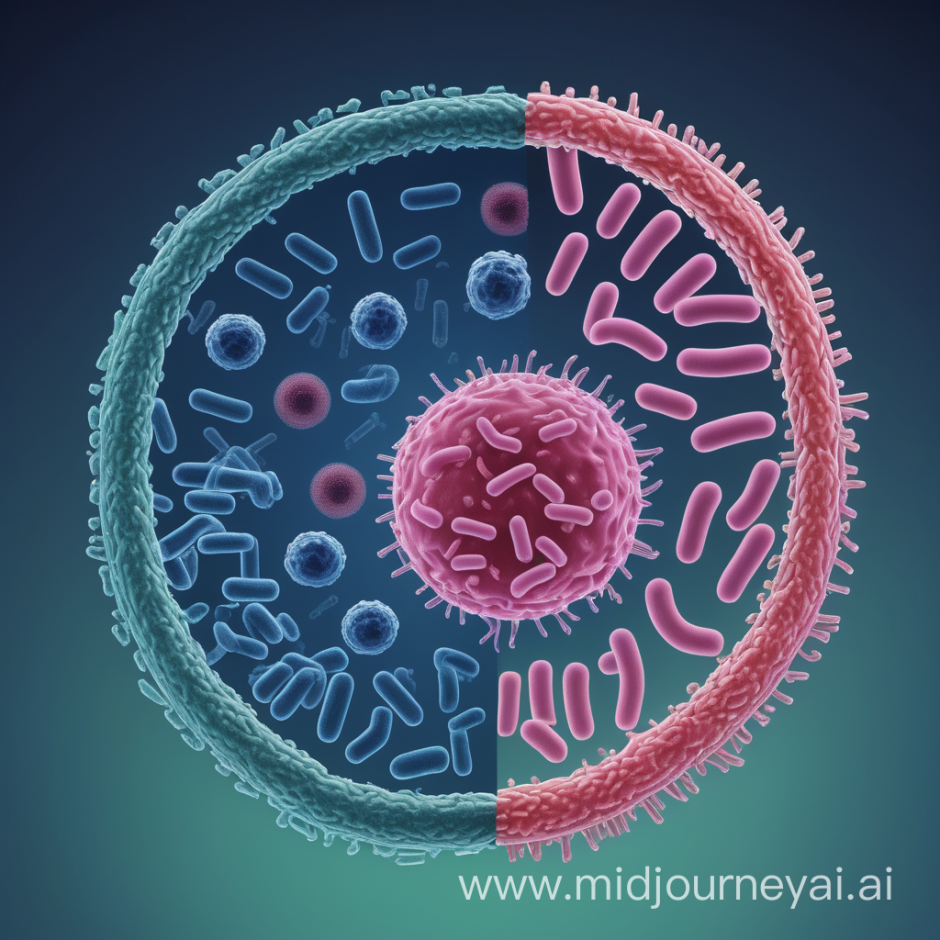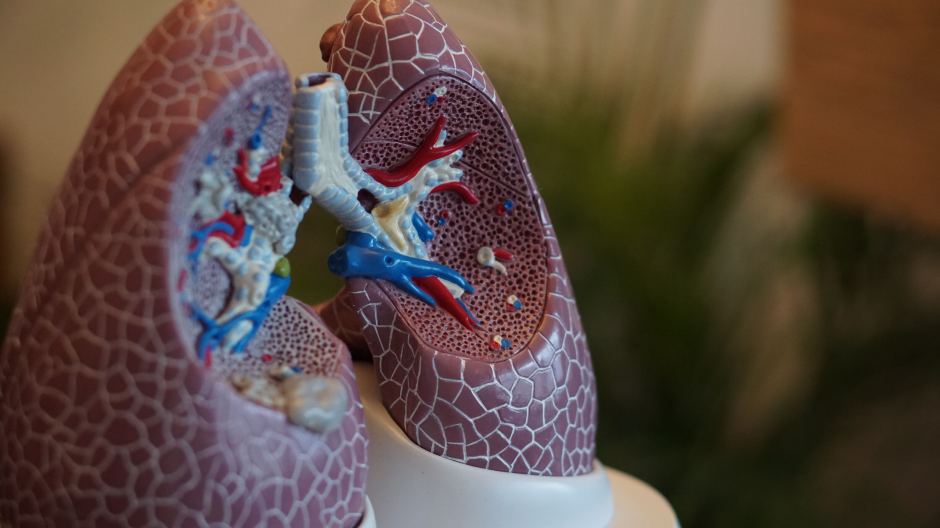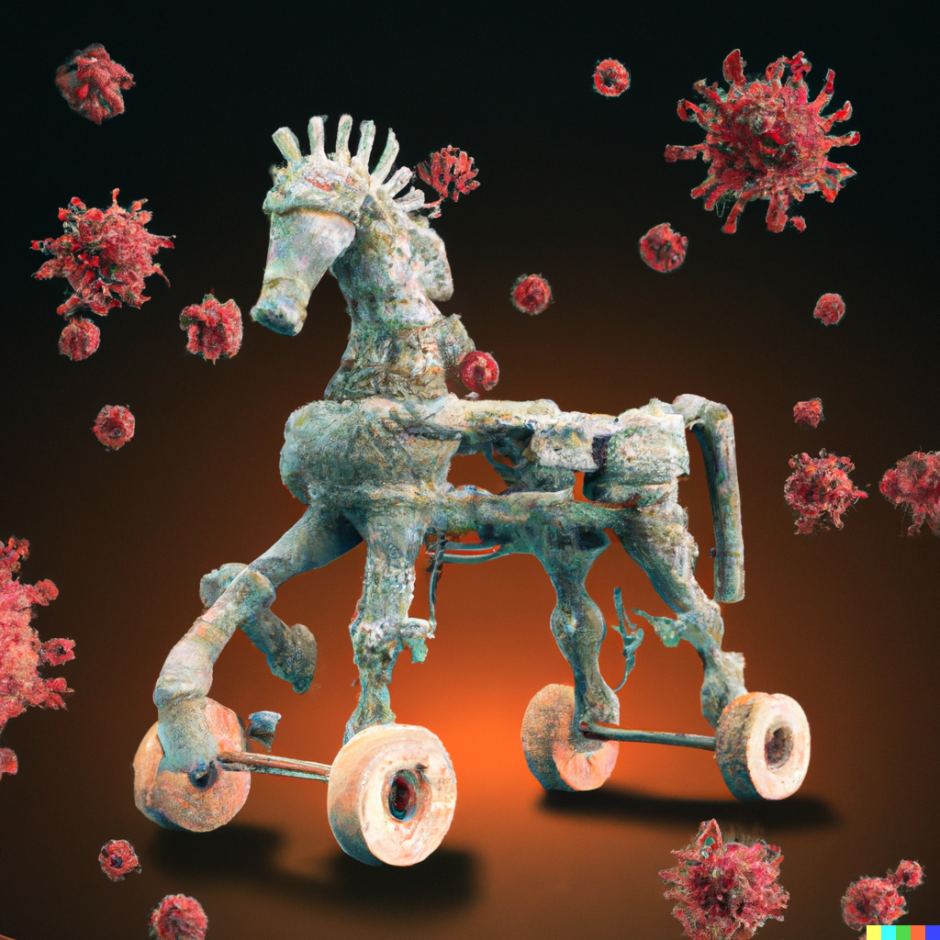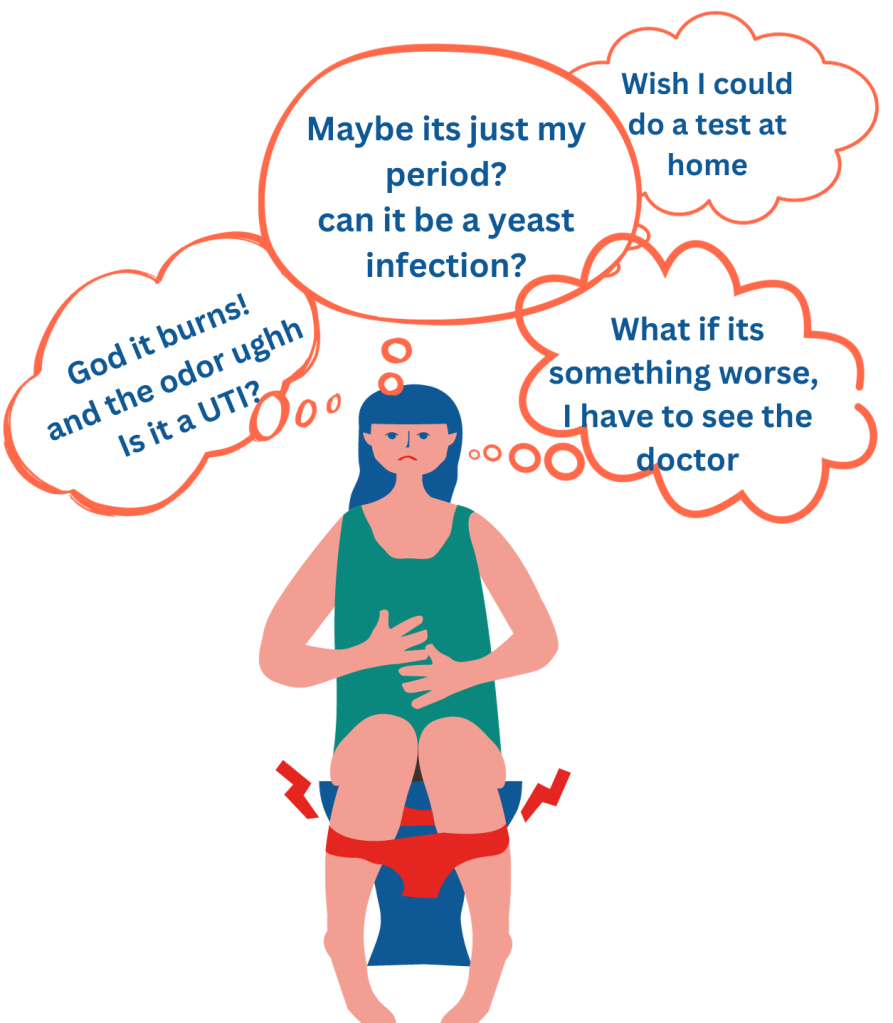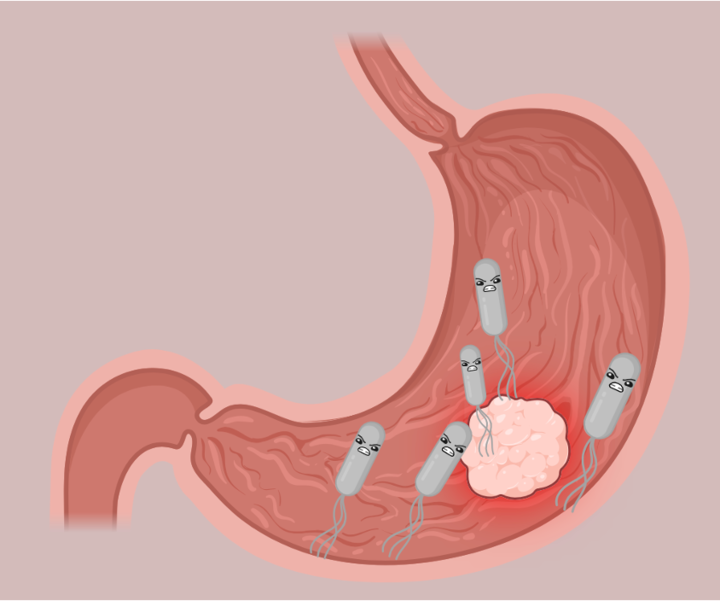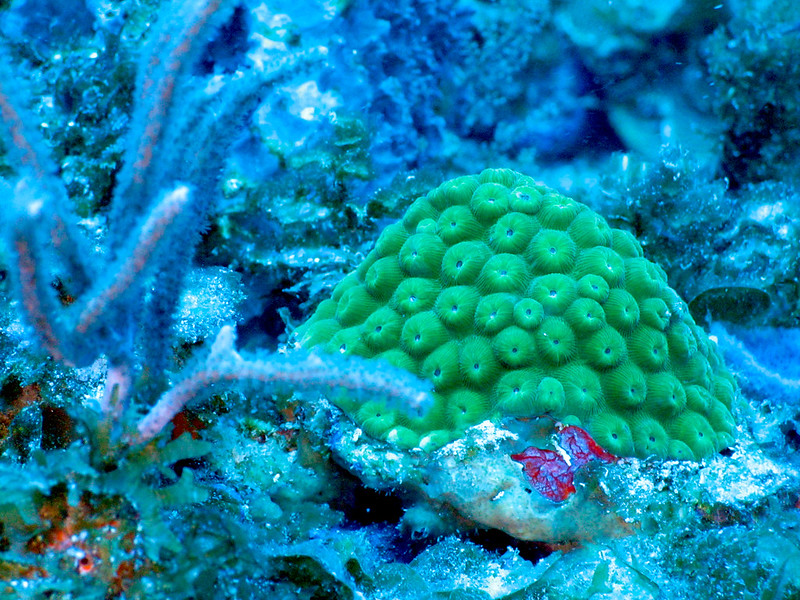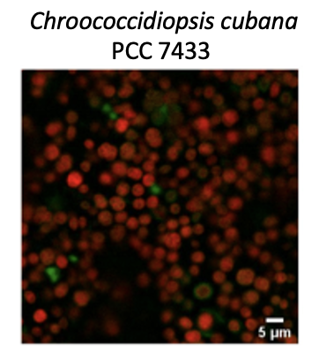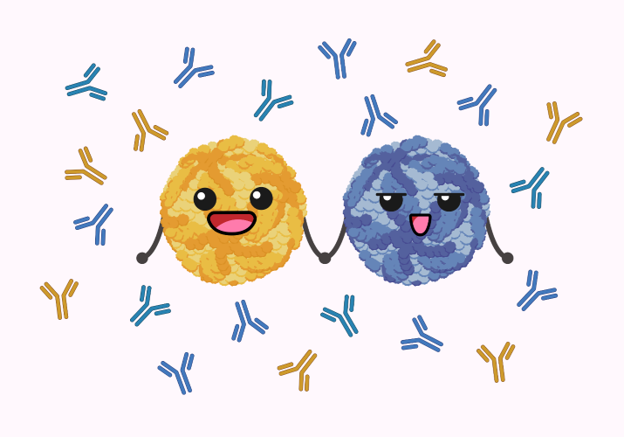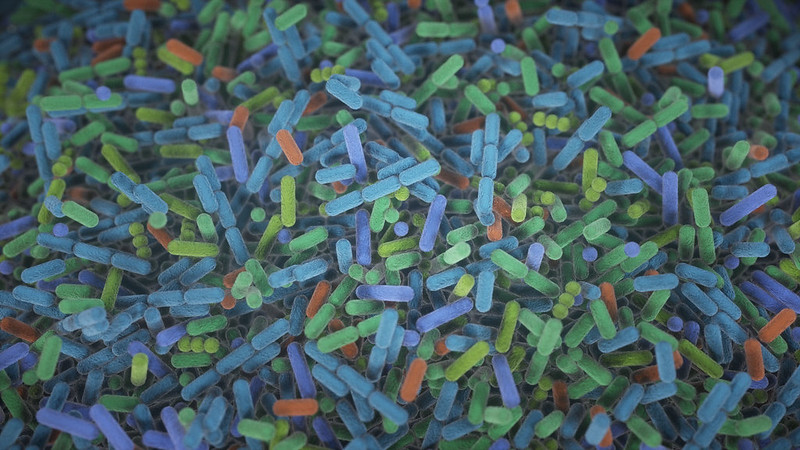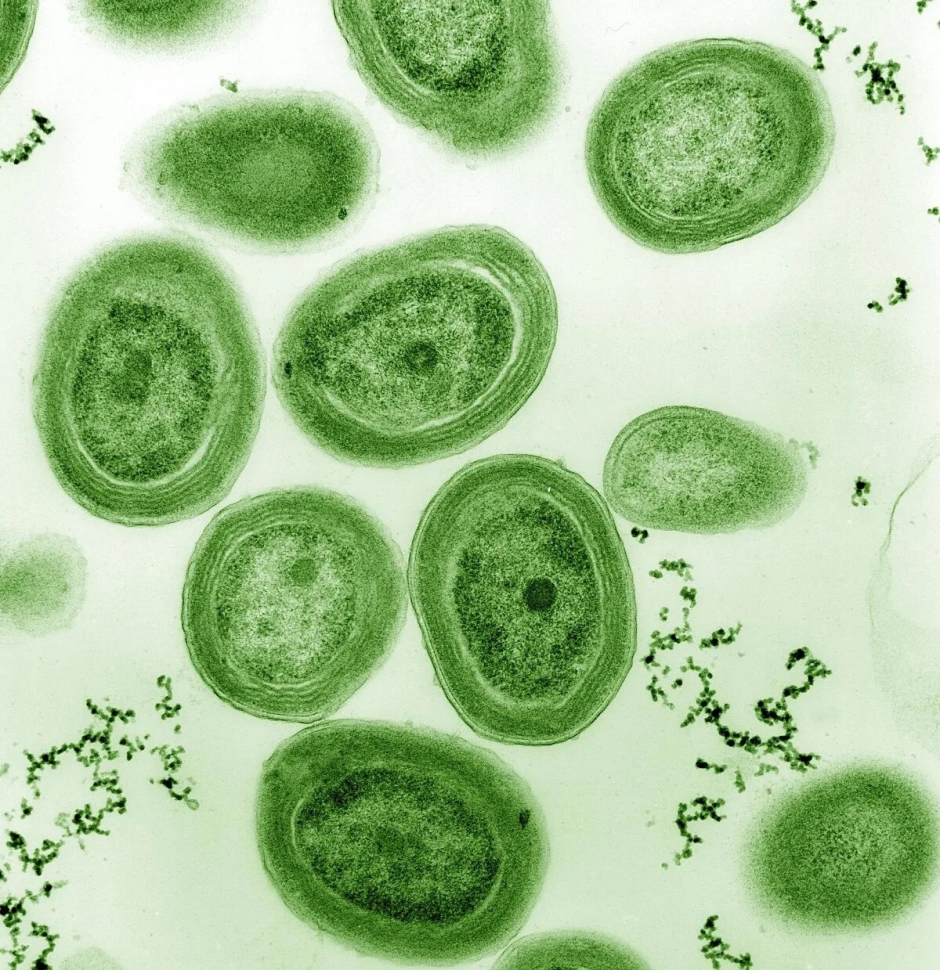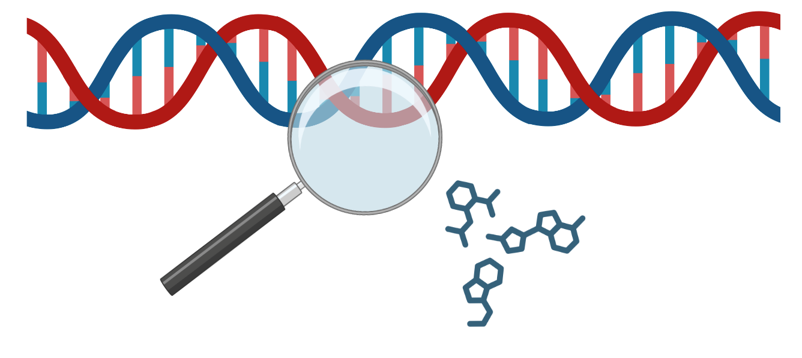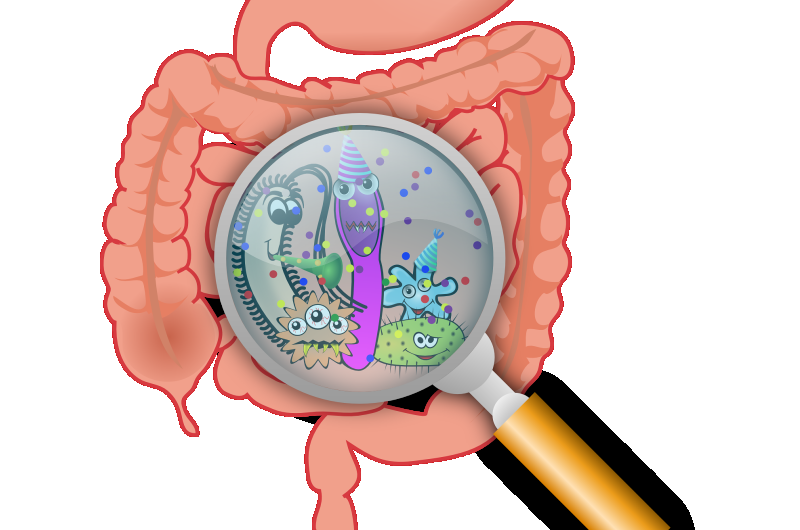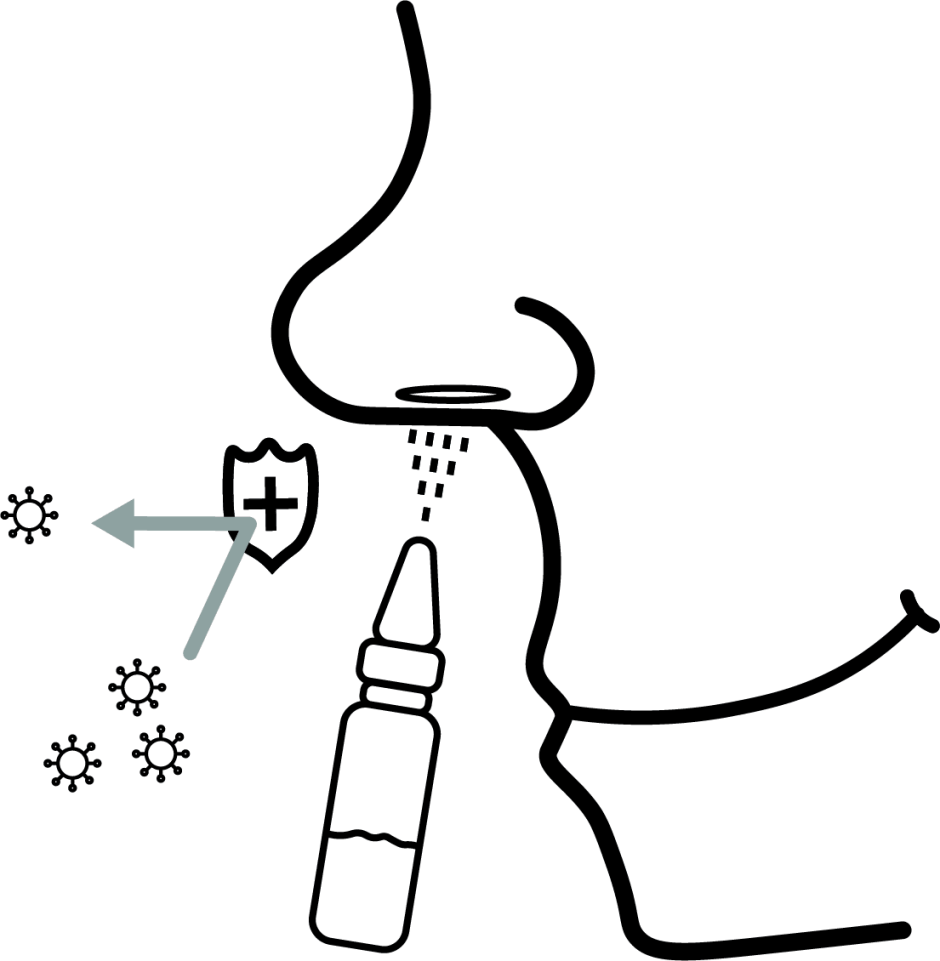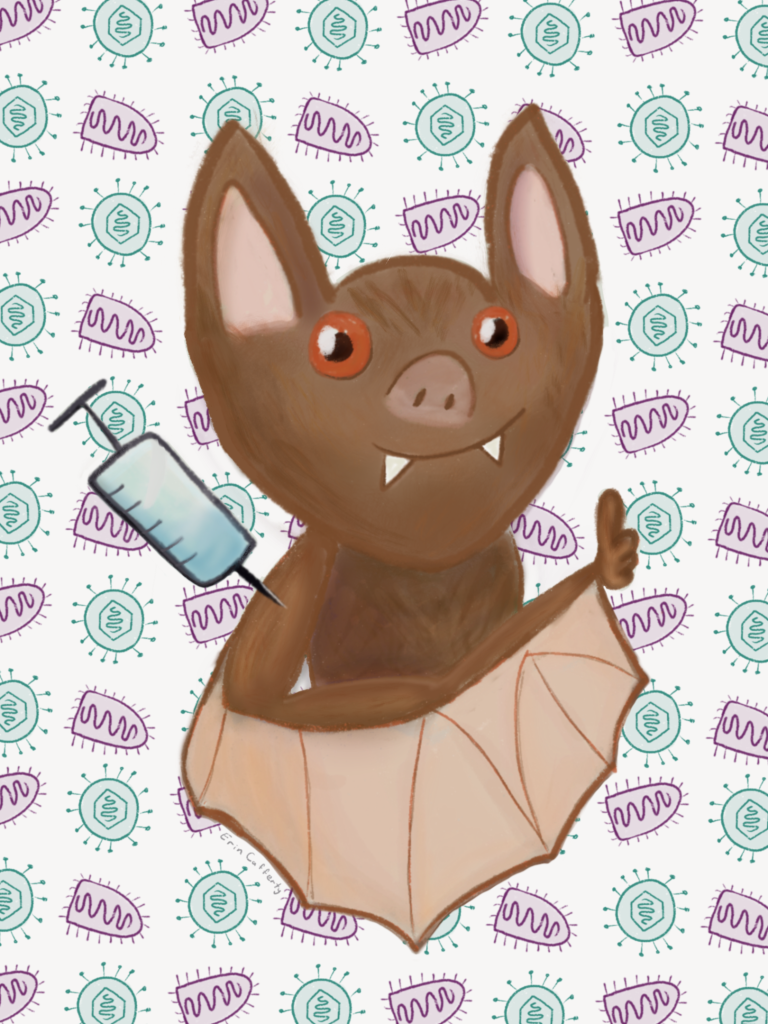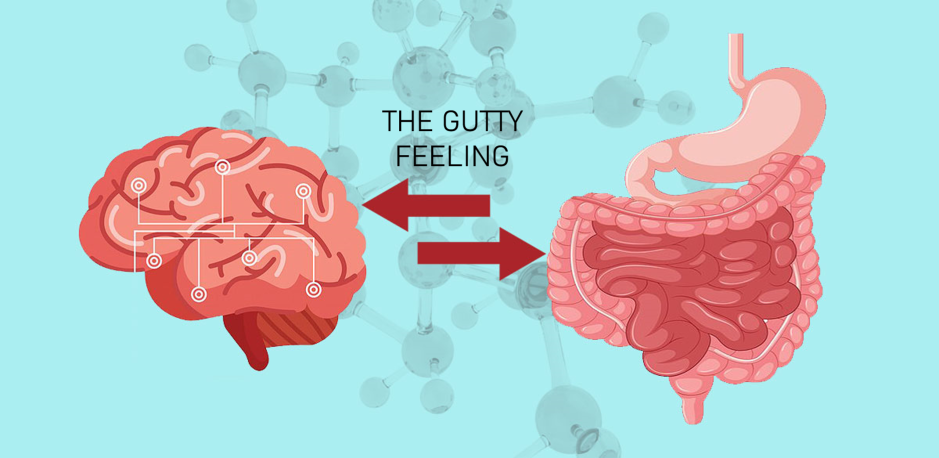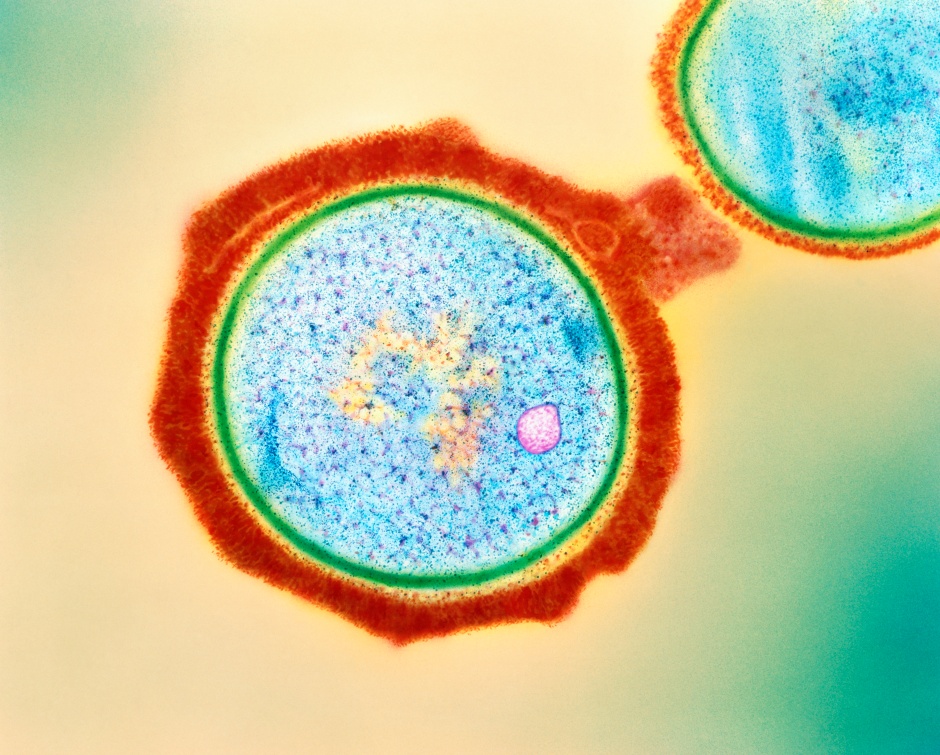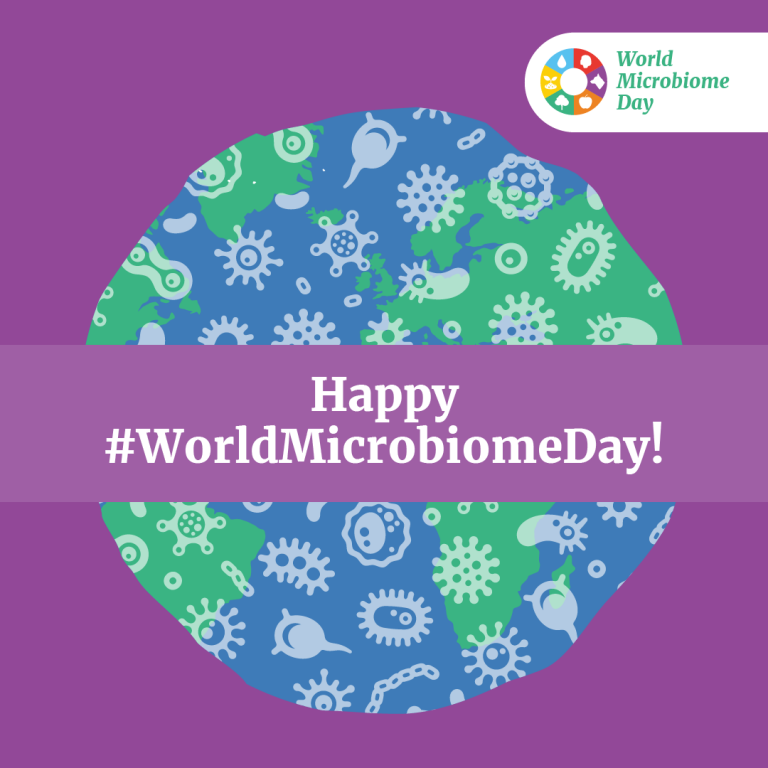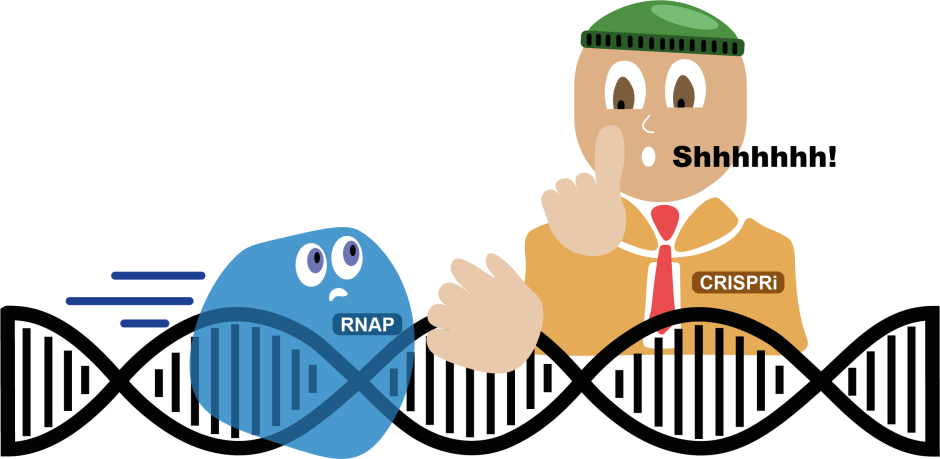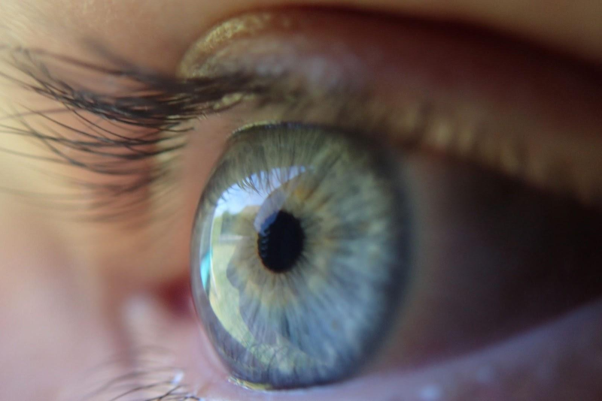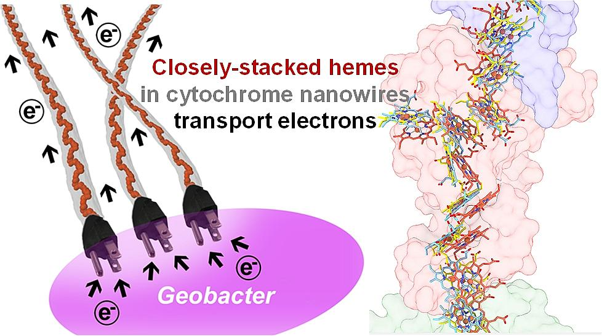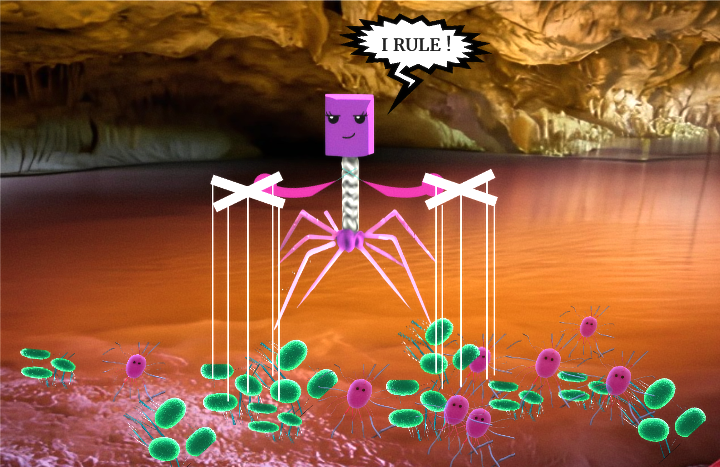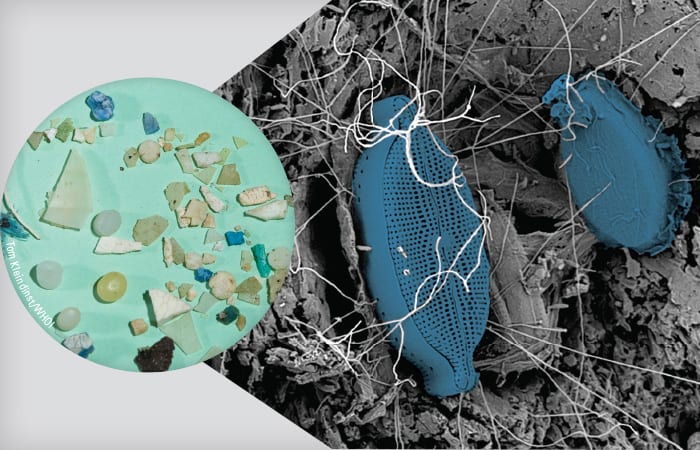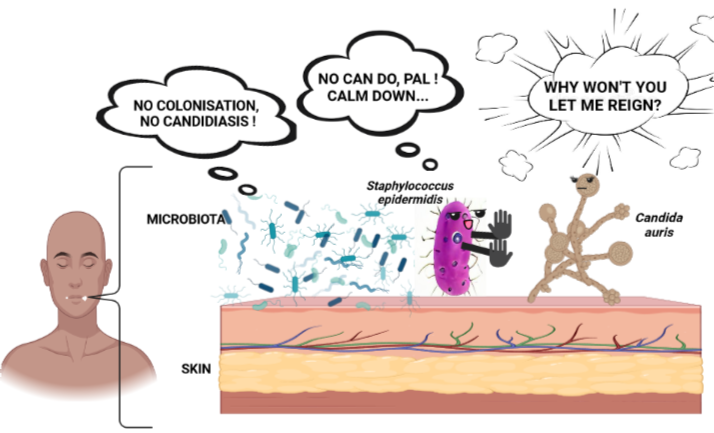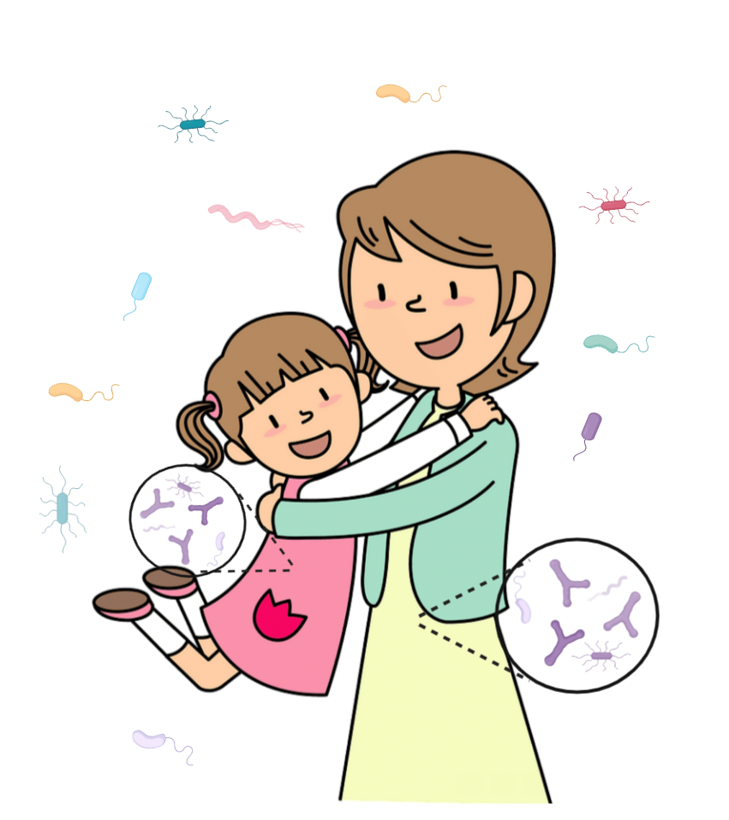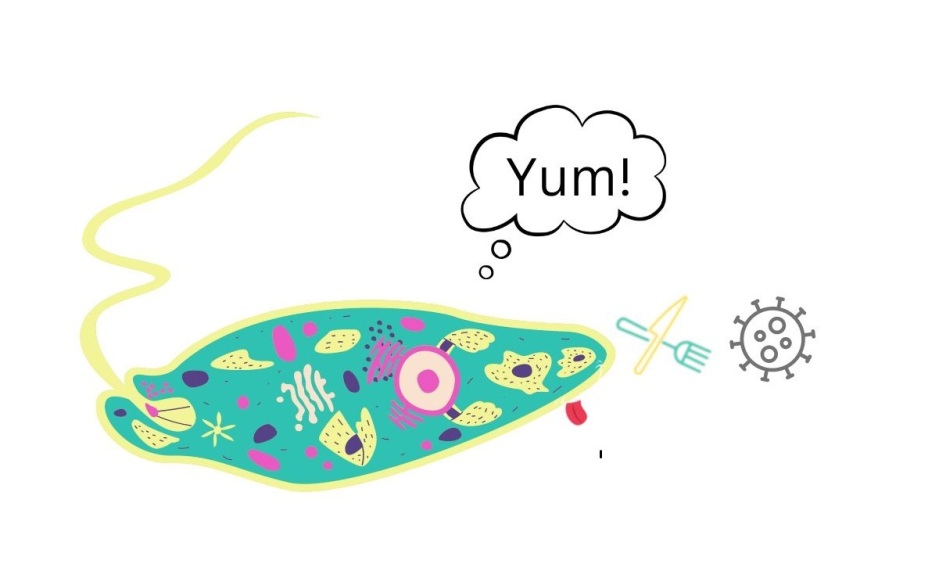
Breaking down the microbiology world one bite at a time
A piece of chocolate a day…
“An apple a day keeps the doctor away” or so the saying goes. We all know that fresh produce and vegetables are good for your health. But did you know that certain foods can improve your mood? Fish, fresh fruit and vegetables have all been shown to reduce anxiety, alleviate depressive behaviour and improve your overall quality of life. Do you know which food is also on this list? DARK CHOCOLATE! Indeed, dark chocolate is a mood regulator.
According to several studies, dark chocolate consumption improves mitigating negative emotions. However, the effect is debated since most studies only investigate this effect after inducing acute psychological stress in their test subjects, and thus the effect of dark chocolate consumption on everyday life remained a mystery for some time…
That is until 2022, when a group of researchers at the Seoul National University finally decided to put this debate to rest. They conducted a randomised controlled trial in which healthy adults were asked to consume 30 grams per day of either 85% cacao dark chocolate (DC85), 70% cacao dark chocolate (DC70) or no chocolate (CON) for a 3 week period (Figure 1).

To assess the effect of the chocolate consumption on their mood, the test subjects submitted a Korean version of the Positive and Negative Affect Schedule (PANAS) and Beck Depression Inventory (K-BDI) at the beginning and end of the 3 week intervention period. Here, the group found that the negative effect was significantly decreased in the DC85 group but not the DC70 group. This confirms that dark chocolate has a positive effect on our mood by combating negative emotions.
Next, the group assessed the effect of dark chocolate consumption on gut microbiota composition (Figure 2). To this end, they performed a 16S rRNA sequencing analysis of the bacterial DNA from fecal samples collected at the beginning and end of the 3-week study period. Compared to the CON group, the DC85 group displayed a larger gut microbial diversity as shown by the Faith’s phylogenetic diversity index and the number of observed operational taxonomic units (OTUs). Further data analysis revealed that dark chocolate consumption particularly altered the relative abundance of 2 gut bacterial species. Blautia obeum (B. obeum) increased and Faecalibacterium prausnitzii (F. prausnitzii) decreased in the DC85 group compared to the CON group. These findings show that daily DC85 intake induces gut microbial composition changes (Figure 2A).
Lastly, the researchers investigated the association between the observed gut microbiota changes and the host’s mood. Here they found that the total OTU count and relative abundance of B. obeum were both negatively associated with negative emotions (Figure 2B). These results suggest that the positive mood-altering effects of daily consumption of 85% dark chocolate are mediated by changes in the gut microbiota composition. This rings true since B. obeum produces butyrate. Butyrate is a short-chain fatty acid and known modulator of brain function. In addition, in mouse models butyrate has antidepressant-like effects and in rats, it reverses depressive behaviour. Overall, it seems that the consumption positively affects the gut microbiota composition, which in turn combats negative emotions.
While this study doesn’t delve into the mechanism by which dark chocolate influences gut microbial composition or mood, it does provide proof for the positive relationship between food and mood. So let’s exchange that apple for a piece of 85% dark chocolate! But be aware, too much chocolate might result in a trip to the dentist…
Link to the original post: Shin, Ji-Hee, et al. “Consumption of 85% cocoa dark chocolate improves mood in association with gut microbial changes in healthy adults: a randomized controlled trial.” The Journal of nutritional biochemistry 99 (2022): 108854.
Featured image: Image created by author using Canva.com.


